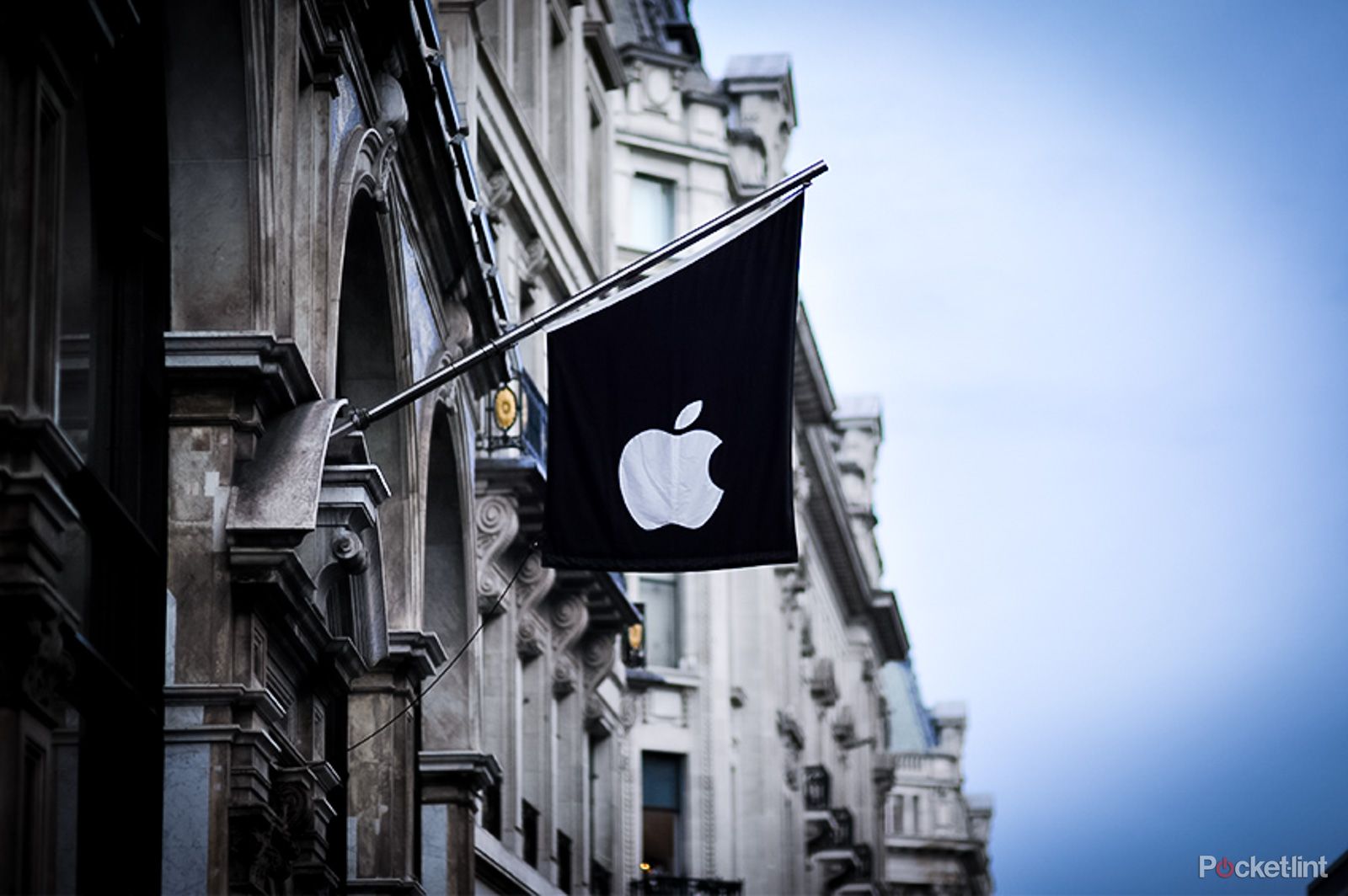Apple has backtracked on its policy of App Store removals for apps that limit the time spent on Apple devices - particularly parental control apps.
The move, reported by the New York Times but revealed in a post on Apple's developer site, reveals that Apple is softening its attitude to these apps and that they can now use a duo of technologies that Apple had previously said would result in removal from the App Store.
Of course, Apple already has its own parental controls and Screen Time feature and the previous policy could have been seen as a way for Apple to prioritise its own features - especially as it was introduced last summer not long after the features were revealed.
Parental control and content blocking apps from approved developers can now use VPN technologies, while MDM (Mobile Device Management) can allow a parent's phone to control a child's. Apple now says these technologies can be used if they don't disclose data to third parties, whether for financial gain or not.
So why the backtrack? Well, it could be related to wider issues the move could be connected to a report at the start of the week that the US Federal Government is preparing to investigate anti-competitive behaviour in large tech companies. The report names Facebook, Google, Amazon and Apple.
Apple's App Store policies have been under pressure recently - notably from Spotify who launched an entire website to criticise Apple's stance - they have also complained to the European Commission, too.
Since then, Apple has introduced its own page entitled "Dedicated to the best store experience for everyone". Creating webpages seems to be the way to make a policy statement nowadays.
It's fascinating reading and says it reviews 100,000 apps and updates per week with a 60 percent approval rate. Apple says the most common reason for rejection is minor bugs, followed by privacy concerns.
The former head of Apple's app approval process also had some words to add, admitting that Apple needs to be thinking about fair competition: "Given my experience, I completely understand the complaints from companies like Tidal, Spotify and Netflix" added Phillip Shoemaker.
One app blocked (for new downloads) last year is Freedom, which this writer uses daily to limit social media use. In a blog post, it explained last year why it was removed and what it was doing about it. In the end, it released a different version of the app. This move will enable it to use VPN technologies again so that users can block distractions.

